© 2025 MJH Life Sciences™ , Patient Care Online – Primary Care News and Clinical Resources. All rights reserved.
Monthly Roundup: Top 7 Primary Care Stories
Here's a salute to 7 particularly notable doings and happenings in medicine during the past month.

In the slides that follow, you'll find quick summaries of particularly notable things that happened in the world of medicine this month. Special thanks to Steven King, MD and David Bromberg, MD who recommended several of these items.
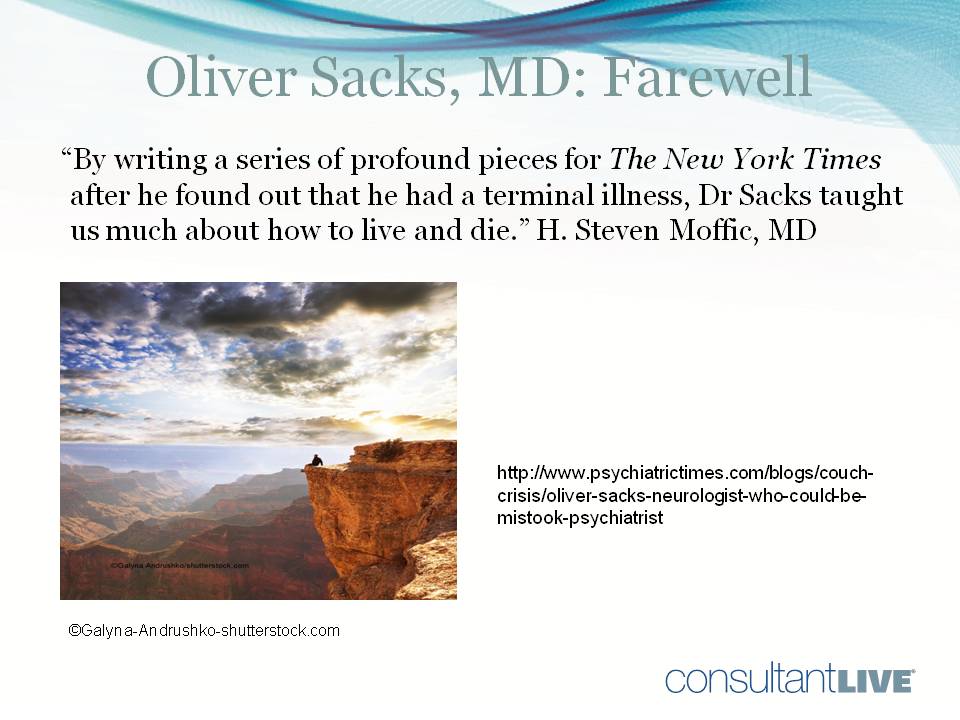
“By writing a series of profound pieces for The New York Times after he found out that he had a terminal illness, Oliver Sacks taught us much about how to live and die.” H. Steven Moffic, MD Read blog on PsychiatricTimes.com.
©Galyna-Andrushko-shutterstock.com

A study by Chou and colleagues highlights how little evidence there is to support the use of epidural steroid injections for back pain, still a widely employed therapy.Chou R, Hashimoto R, Friedly J, et al. Epidural corticosteroid injections for radiculopathy and spinal stenosis: a systematic review and meta-analysis. Ann Intern Med. 2015;163:373-381. Details, here.
©stihii/shutterstock.com
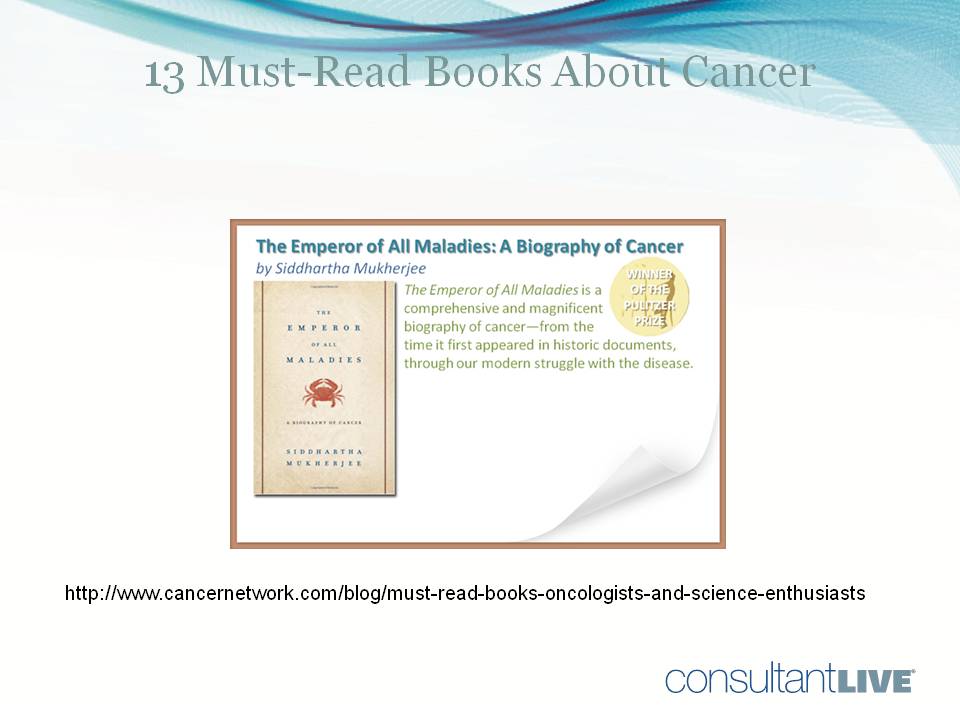
A selection of "must reads" about cancer. Read blog on CancerNetwork.com.
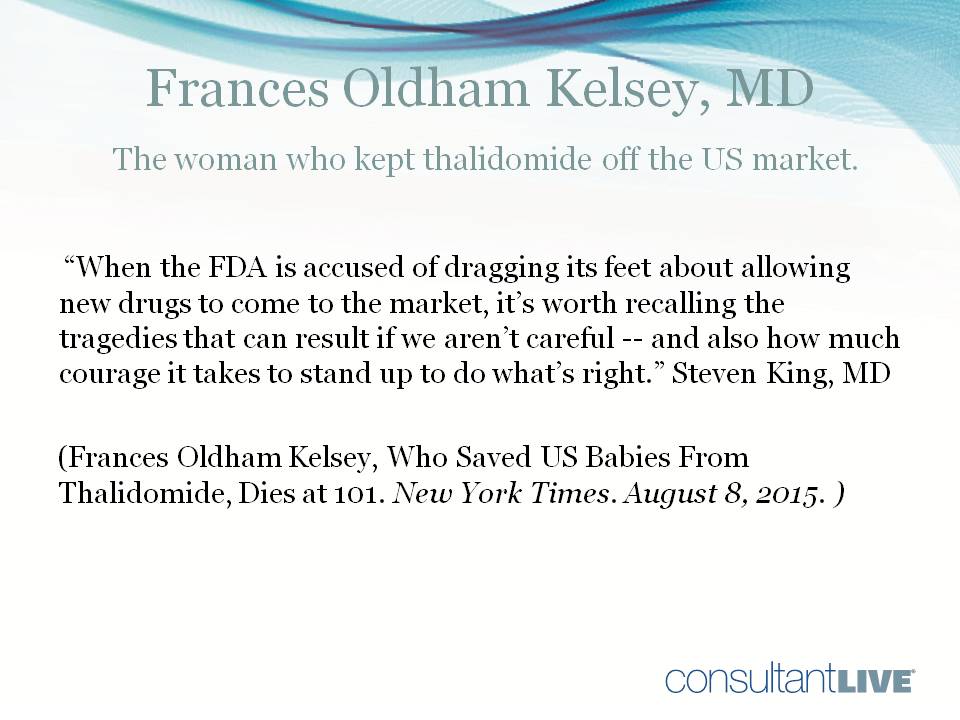
Frances Oldham Kelsey, died in August -- she is known as the woman who fought successfully to keep thalidomide off the US market. "In our time when the FDA is often accused of dragging its feet on allowing new drugs to come to the market, I think it's worth recalling the tragedies that can result if we aren't careful and also how much courage it takes to stand up to do what's right." Steven King, MD
Frances Oldham Kelsey, Who Saved U.S. Babies From Thalidomide, Dies at 101. New York Times. 8/8/15
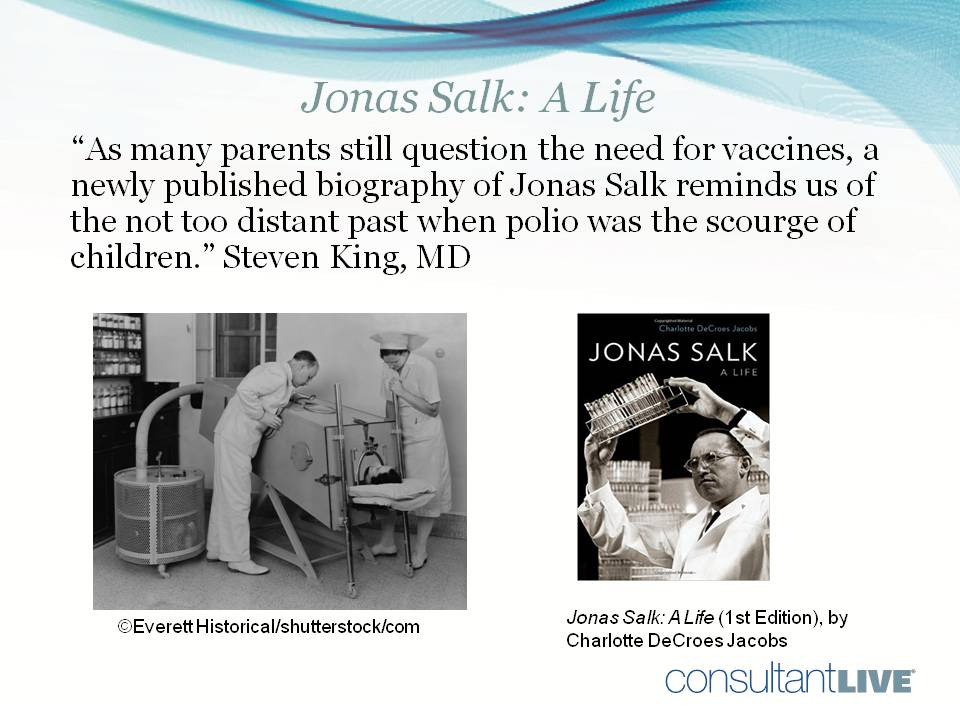
A biography of Jonas Salk has just been published. (Jonas Salk: A Life by Charlotte DeCroes Jacobs, MD, Oxford University Press, 2015.) "As many parents still question the need for vaccines, the book reminds us of the not too distant past when polio was the scourge of children." Steven King, MD
©Everett Historical/shutterstock/com
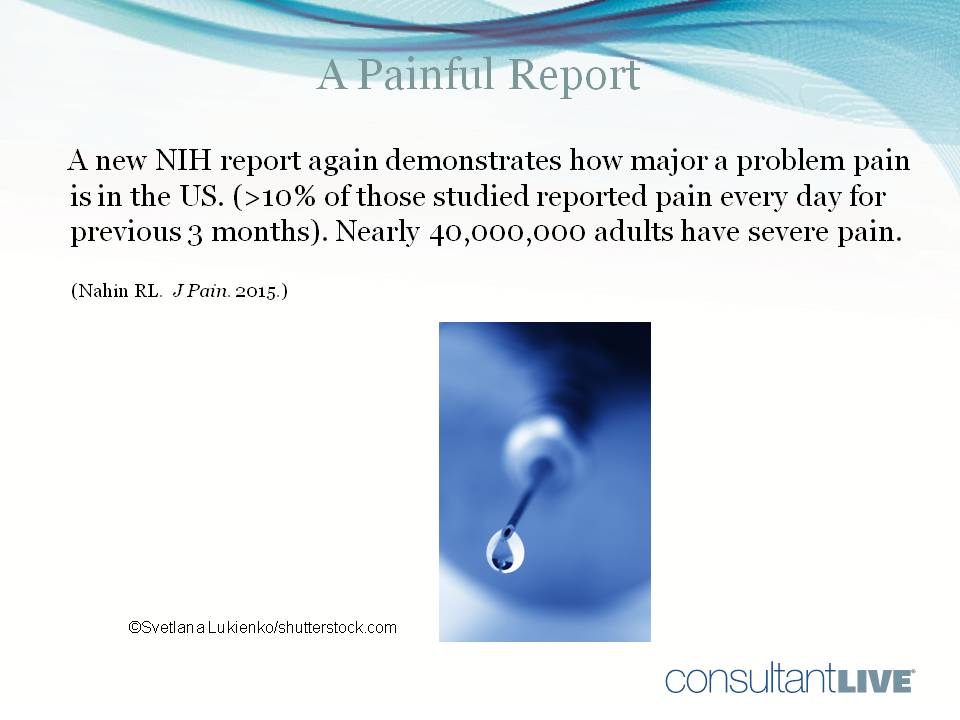
A new NIH report again demonstrates how major a problem pain is in the US. (>10% of those studied reported pain every day for previous 3 months). Nearly 40,000,000 adults experience severe pain.Nahin RL. Estimate of pain prevalence and severity in adults: United States. 2012. J Pain. 2015;16:769-780. Details, here.
©Svetlana Lukienko/shutterstock.com
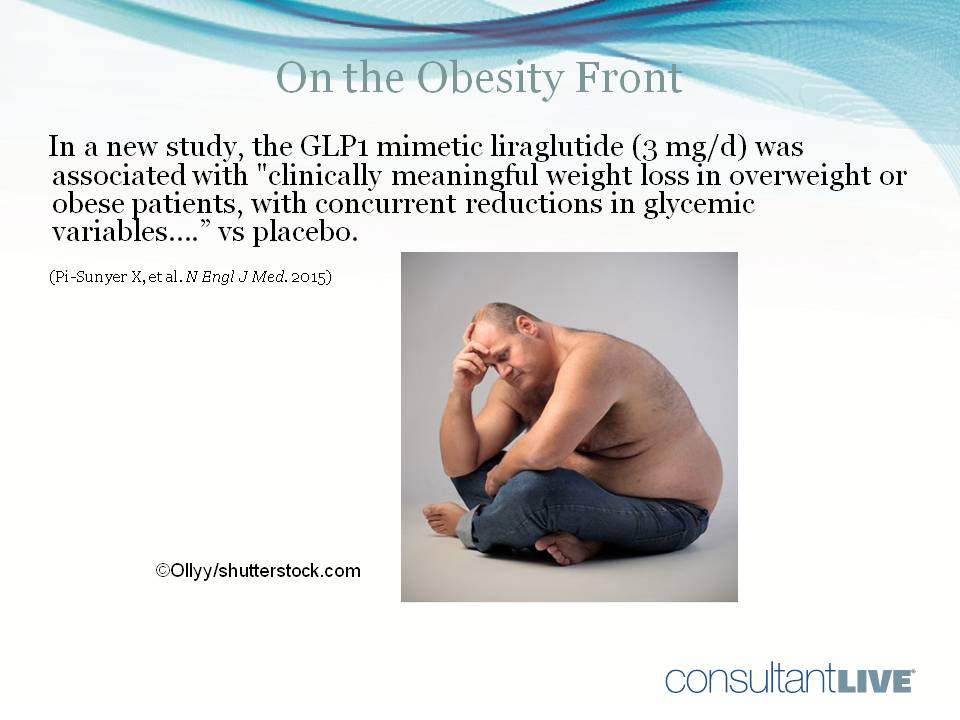
In a new study, the GLP-1 mimetic liraglutide (3 mg/d) was associated with "clinically meaningful weight loss in overweight or obese patients, with concurrent reductions in glycemic variablesâ¦.” vs placebo. Pi-Sunyer X, Astrup A, Fujioka K, et al. Randomized, controlled trial of 3.0 mg of liraglutidein weight management. N Engl J Med. 2015;373:11-22.Details, here.
©Ollyy/shutterstock.com
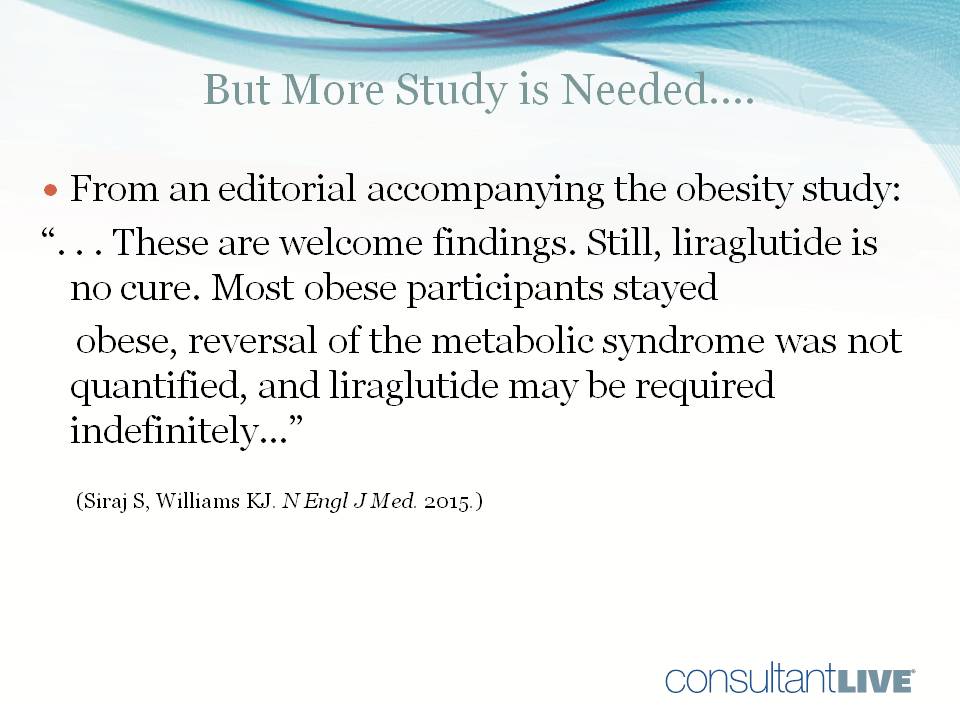
An editorial accompanying the obesity study notes: “. . . These are welcome findings. Still, liraglutide is no cure. Most obese participants stayed obese, reversal of the metabolic syndrome was not quantified, and liraglutide may be required indefinitely...” Siraj S, Williams KJ. Another agent for obesity - will this time be different? N Engl J Med. 2015;373:82-83.Details, here.
Here's a salute to 7 notable things that happened in medicine during the past month.Â
